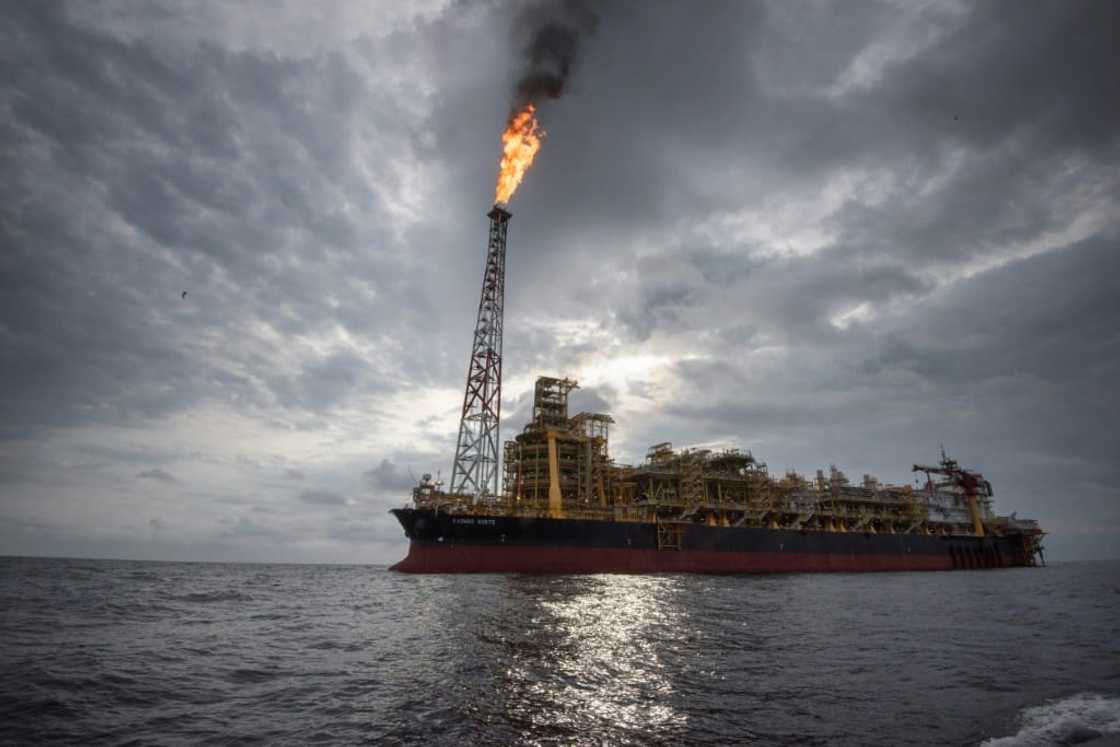Angola to quit OPEC over oil production quotas disagreement

Source: AFP
Angola said on Thursday it would leave OPEC over a disagreement on production quotas following the oil cartel's decision last month to further slash output next year.
Mineral Resources and Petroleum minister Diamantino Azevedo said that the decision was not taken lightly, but OPEC membership no longer served the African country's interests.
"We feel that at this moment Angola gains nothing by remaining in the organization and, in defence of its interests, it decided to leave," the presidency quoted Azevedo as saying in a statement.
The presidency said the decision was taken at a cabinet meeting chaired by President Joao Lourenco in the capital, Luanda.
After the meeting, Lourenco signed a decree to officialise the matter, it said.
Azevedo told state broadcaster TPA that Angola is unhappy with OPEC's decision last month to further slash production next year in an effort to prop up volatile prices.
PAY ATTENTION: Watch the hottest celebrity stories on our YouTube channel 'Briefly TV'. Subscribe now!
"We think the time has come for our country to be more focused on our goals," he told state broadcaster TPA.
"If we remained in OPEC... Angola would be forced to cut production and this goes against our policy of avoiding decline and respecting contracts."
Angola is one of the largest oil exporters in Sub-Saharan Africa, alongside Nigeria.
Both countries expressed dissatisfaction with their production quotas at the November OPEC ministerial meeting as they seek to step up production to secure vital foreign currency.
The meeting had to be postponed for several days because of disagreements.
"When we see that we are in organisations and our contributions, our ideas, do not produce any effect, the best thing is to withdraw," Azevedo said.
Crude prices are sitting near their lowest level in nearly six months despite the cartel's announcement in November to further cut output.
They have jumped in recent days as cargo shippers and oil firms say they will avoid using the Red Sea and Suez Canal because of drone and missile attacks by Huthi rebels. But they still remain below $80 a barrel.
Nevertheless, crude prices remain above the average of the past five years.
In an effort to prop up prices, the OPEC+ alliance has implemented supply cuts of more than five million barrels per day (bpd) since the end of 2022.
Founded in 1960, the 13-member OPEC cartel in 2016 partnered up with 10 other producers to form OPEC+ to gain more clout.
Discord among members has added to the challenges faced by the OPEC+ group, which is already contending with rising US crude production and a looming transition away from fossil fuels.
Source: AFP



